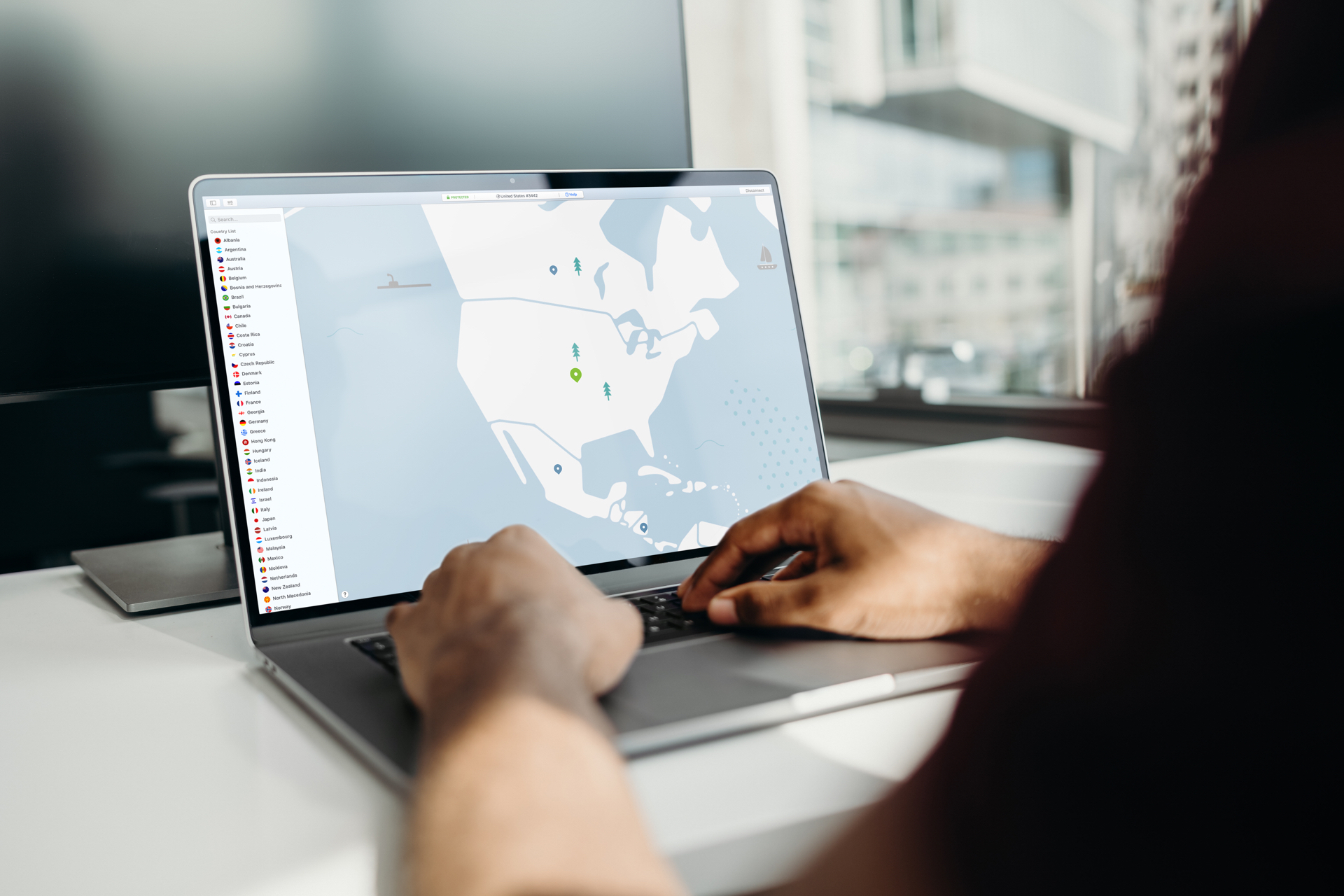What Is a VPN Block and How to Bypass It
Disclaimer: The text below is an advertorial article that is not part of Cryptonews.com editorial content.

While many internet users turn to VPNs when they need to bypass geoblocks, certain tools can detect VPN connections and block them for various reasons. Internet service providers (ISPs), websites, and even governments are known to block VPN users’ access. But while VPN usage can be detected in many ways, there are also many different ways to bypass VPN blocks.
Why are VPNs blocked?
Institutions like schools, universities, and some workplaces block social media, news and entertainment sites, and other websites to encourage productivity. They also install VPN detection and blocking tools to stop their users from bypassing these restrictions with VPNs.
When it comes to entire countries blocking VPNs, it is usually done to restrict the freedom of speech. Many activists and journalists rely on a safe and open internet connection for their work. Many citizens in authoritarian states use VPNs to access the global internet. Government agencies block VPNs relentlessly to be able to control all internet users and what data they can access.
Why are VPN blocks important to crypto traders?
Crypto traders could be exposed to multiple risks if their VPN connection is blocked and they are forced to use unsecured internet connections, like traffic monitoring, IP address tracking, and data theft.
In some authoritarian countries, crypto trading is frowned upon, so traders want to shield their operations from prying eyes. VPN blocks make it difficult for them to trade in a private and safe way.
How VPNs are blocked
Here are three main ways to block a VPN:
- IP blocks. The most straightforward method is to keep track of the IP addresses VPN providers use and block them. It’s easiest for a website or an ISP to detect an IP address and block its access.
- Deep Packet Inspection (DPI). DPI is a way to examine and manage network traffic by packet filtering. Regular packet inspection only examines the headers and can’t detect specific data or code needed to recognize a VPN connection.
- Port blocking. VPNs use specific UDP and TCP ports when connecting to the internet. Similarly to IP blocks, network administrators can monitor some ports and filter out VPN connections.
How to bypass VPN blocks
If you want to be certain your internet connection stays encrypted and safe no matter what, there are a few ways to ensure your VPN connection is undetected.
- Use obfuscated VPN servers. These specialty servers are used to bypass firewalls. They make your data look like regular data packets — essentially using encryption to conceal your encrypted connection. Different VPN providers use different methods to obfuscate your data. However, not all VPN providers offer this feature.
- Try another server. Sometimes the solution is very simple — if your connection is blocked, pick another server. It might be enough to avoid IP blacklists.
- Port changing. To bypass port blocking, try switching the ports your VPN provider uses.
- Try switching protocols. Some VPN protocols are easier for firewalls to pick up and block. So instead of OpenVPN, try the less popular ones, like WireGuard or L2TP/IPSec.
- Get a dedicated IP. Getting a dedicated IP address from your VPN provider might solve all your IP blocking problems. You would be the only one using it, so it would be less likely to attract attention and end up on blocklists.
You can also check out this list of top VPN friendly casinos.
NordVPN: the best at bypassing VPN blocks
If you’re looking for speed, stealth, and security, NordVPN is your best bet. It offers obfuscated servers in 16 countries all around the world and has many different VPN protocols to choose from. With NordVPN, you’re sure to get the best speed and security and bypass VPN blocks without anyone noticing.
It also offers its users a Dedicated IP for secure access to the internet and safe online payments while avoiding captchas and blacklists. You can even choose from five different locations for your static IP address.
NordVPN has more than 5,500 servers in 60 countries — so it’s easy to avoid IP blocks. And while it offers many great features, like the Dark Web Monitor, zero online tracking policy, or split tunneling, one, in particular, stands out.
Its Threat Protection feature provides additional security from online threats, like viruses, phishing, fake websites, trackers, and annoying ads. Once enabled, it protects your browsing even when you’re not connected to a VPN server.
NordVPN is perfect for anyone trading in crypto, as it offers bulletproof security with blazing speeds at an amazing price. And you won’t have to worry about VPN blocks stopping you, no matter where you are.



